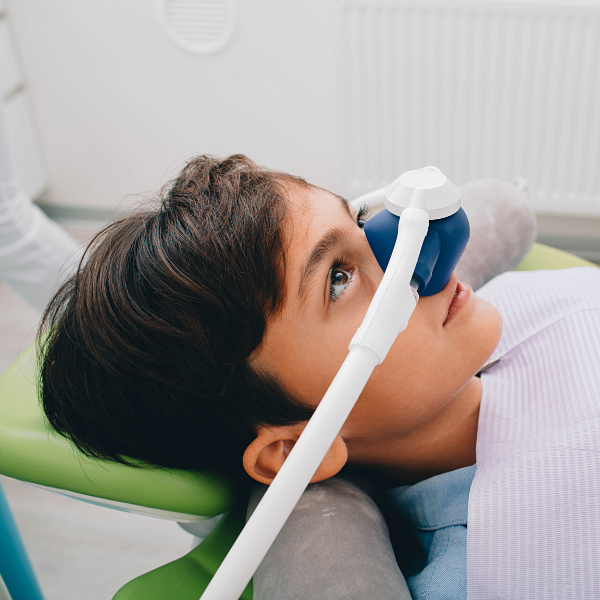What Can
Sedation Dentistry
Help With?
Types of Sedation
Benefits of Sedation Dentistry Near You
See What Our Patients Have to Say
Visit Us for a Positive Dental Experience
If you’re curious about the advantages of sedation dentistry near you, we encourage you to schedule a consultation with us at Lanier Valley Dentistry. Our skilled team will assess your requirements, recommend the best sedation option for you, and ensure your comfort during your dental treatment.



 678-802-1209
678-802-1209 Request Consultation
Request Consultation

